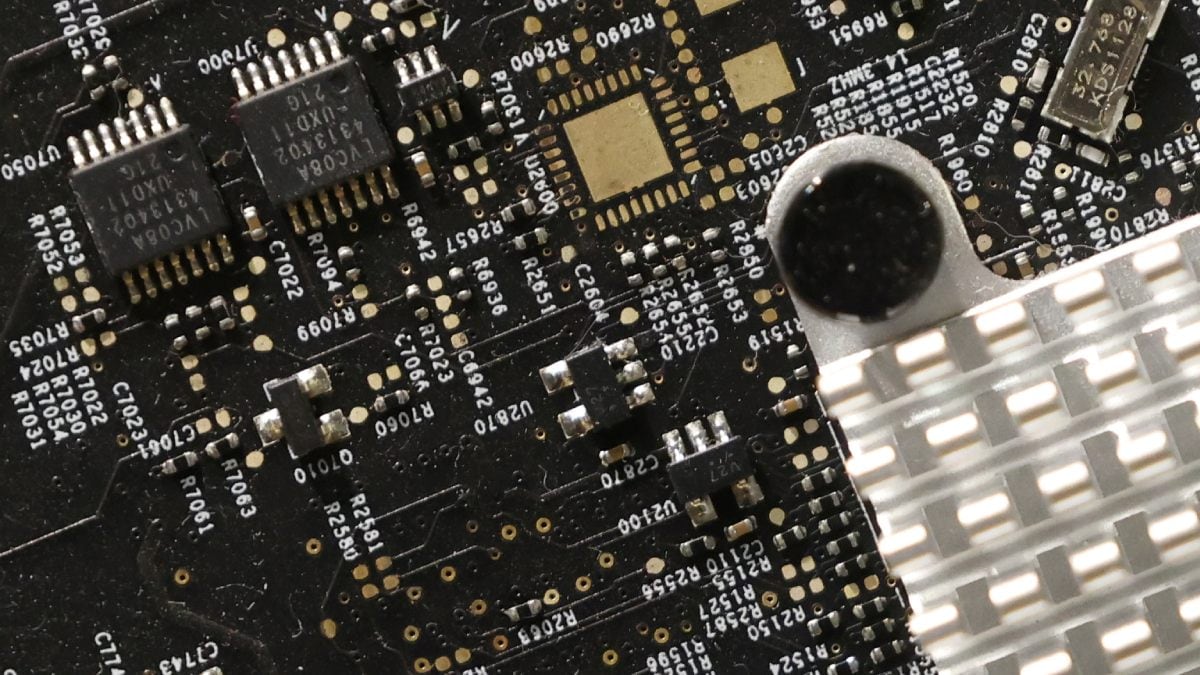India’s Semiconductor Manufacturing: A Major Leap Forward
In recent months, India has accelerated its efforts to become a significant player in the global semiconductor manufacturing landscape. Both the central government and the private sector are collaborating to enhance the country’s capabilities in this crucial technology. Notably, the Tata Group has formed a strategic partnership with the American semiconductor manufacturer, Analog Devices.
Tata Group’s Major Investments
Tata Electronics, a key subsidiary of the Tata Group, has announced a substantial investment of $11 billion to establish a state-of-the-art laboratory in Dholera, Gujarat. This investment underscores the Tata Group’s commitment to semiconductor research and manufacturing. The agreement also includes Tata Motors and Tejas Networks, highlighting a multi-faceted approach to leveraging semiconductor technologies across various sectors.
Expanding Semiconductor Facilities
In addition to the laboratory in Dholera, Tata Electronics plans to invest $3 billion in a new facility in Jagirroad, Assam. This plant is designated for the assembly and testing of semiconductor chips, marking a significant step toward bolstering local chip production capabilities. The collaboration between Tata Electronics and Analog Devices aims to explore the feasibility of manufacturing Analog Devices’ products in the new Gujarat laboratory.
Innovation in Automotive and Communication
Tata Motors is expected to collaborate closely with Analog Devices to enhance electronic hardware components, particularly in energy storage solutions and power electronics for both passenger and commercial vehicles. Meanwhile, Tejas Networks, in partnership with Analog Devices, will focus on creating electronic hardware components vital for network infrastructure, further solidifying India’s position in the telecommunications sector.
Adani Group’s Entry into Semiconductor Manufacturing
Another significant development is the Adani Group’s partnership with Israel’s Tower Semiconductor to establish a semiconductor manufacturing plant in Maharashtra, which will involve an investment of approximately $10 billion. This new initiative aims to produce 40,000 wafers initially and is expected to contribute substantially to India’s semiconductor market, which is projected to reach $63 billion by 2026.
Government Support and Market Dynamics
The Indian government is actively encouraging international firms to set up semiconductor manufacturing units within the country. This comes in response to the escalating global demand for semiconductors, which has skyrocketed in recent years while supply has lagged significantly. The ongoing geopolitical tensions between the U.S. and China are reshaping the semiconductor landscape, presenting India with a unique opportunity to capitalize on these market dynamics.
Collaboration with International Partners
In a notable diplomatic move, India and Singapore recently signed an agreement to enhance cooperation in chip design and manufacturing during Prime Minister Narendra Modi’s visit to Singapore. This partnership, amidst supply chain challenges in the international chip market, positions India, Singapore, and Malaysia as potential beneficiaries of the shifting semiconductor industry.
The Future of India’s Semiconductor Industry
The global semiconductor market is projected to reach around $588 billion this year, driven by increasing digitalization and technology adoption. India’s proactive approach to establishing semiconductor manufacturing facilities aims not only to meet domestic demand but also to position the country as a vital export hub in the international semiconductor supply chain.
Semiconductors, Investment, Tata Group, Factory, Market, Demand, Network, Government, Adani Group, Electric Vehicles, Narendra Modi, Research, Israel, Design









